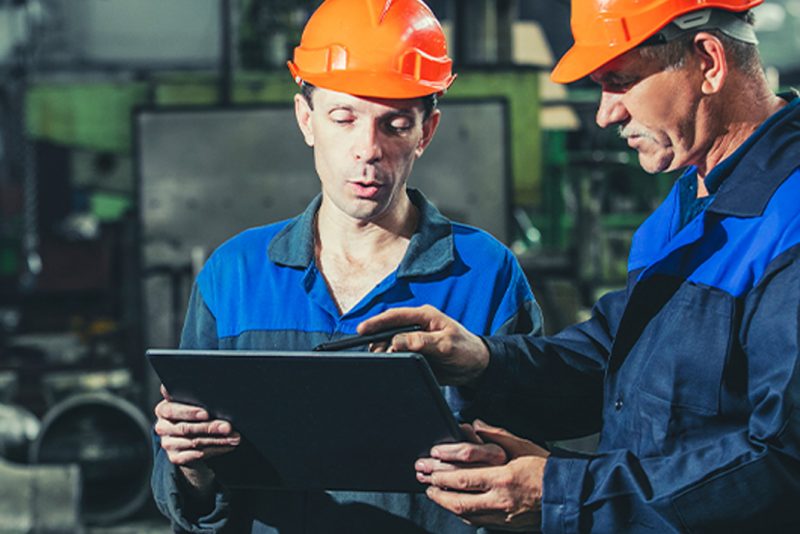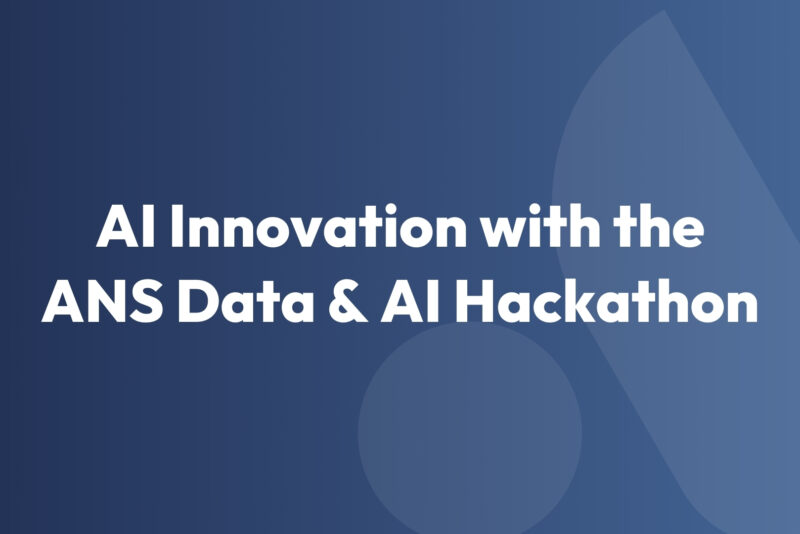Will AI threaten your job?
Janet Robb, Director of Customer Enablement at ANS, shares her perspective on the looming concern among people that artificial intelligence could risk their jobs.
It’s time to address the elephant in the room. Everyone is talking about AI, and everyone has a different opinion about it. But one burning question remains: “Will AI take my job?”. My answer? Yes and no. Let’s break it down.
First of all, AI is designed to assist humans, not replace them. It can help improve your productivity and efficiency in the workplace. You will be able to offload repetitive, time-consuming tasks so you can focus on high-value, creative ones that add more value to your organisation. Take my recent event preparations, for instance. I was able to create assets needed for this event so quickly with AI that would have otherwise taken me days.
While it can handle basic tasks, it’s not a substitute for human interaction and may struggle with complex tasks. You don’t just give a prompt and expect AI to produce flawless results.
Giving good prompts is a skill in itself. It requires me to play with AI’s output, tweak it, give directions, polish the result, and get it to a stage where it’s finally usable. This is why human touch is still needed to make AI’s work authentic. Without our intervention, every other business will start to look and sound the same way.
We humans are remarkable creatures; we can make things, come up with original ideas, connect dots, and innovate in ways no other species can, not even AI. But AI can help me get started when I am stuck for ideas and do mundane tasks that impact my productivity.
For example, my job is not just to make PowerPoint presentations. My job is to strategise and come up with original ideas that can be conveyed through PowerPoint. Now, I can focus more on ideation and use AI to get me to make a ppt.
So, jobs that focus on human interaction, value and creativity are safe from AI. These aspects are uniquely human and cannot be replicated by AI.
What types of jobs will then be impacted? Jobs that are mundane, task-driven and don’t require human intelligence.
We should understand that AI can’t do jobs. AI is designed to do specific, well-defined tasks. Jobs require multiple tasks, some of which are complex and require human intelligence. So if someone’s whole job is that one task, then yes, they will be affected.
And what will happen to those people whose jobs are taken by AI? Like other groundbreaking technologies in the past, AI will create new jobs and new approaches to existing ones. Those people will be doing other pieces of work AI has created that might require human inspection, fact-checking, and more.
For others, AI is going to make your life easier. You’ll have more time to do your actual job, whether customer interactions or strategising. You no longer have to spend time drafting emails or going through 100-page documents. You can ask AI to summarise documents, help you write the first draft of an email, and more.
To enable individuals to do this, organisations must first ease their concerns. Fear of the unknown is a common barrier to AI adoption in organisations. People are change-resistant by nature. When they fear AI threatens their jobs, they will resist even more strongly.
So, to increase AI adoption in your organisation, start by making people aware that AI is to help them do their job best. Focus on AI’s benefits and use cases and how it will help them free up time to innovate, guide, plan, and support their customers better. Be proactive in helping employees get familiar with AI, update existing skills, adapt to changing work, and develop new skills.
As the saying goes, “AI won’t take your jobs; a human using AI will”, so it’s better to start adopting, or you will eventually fall behind.





